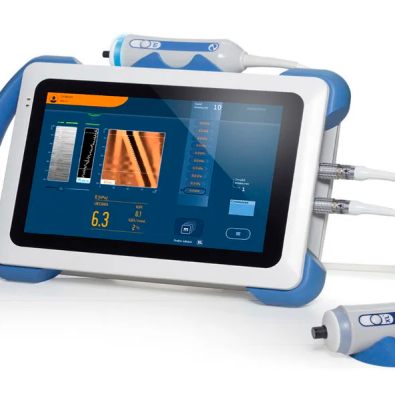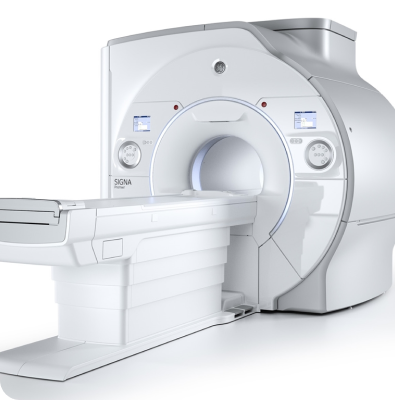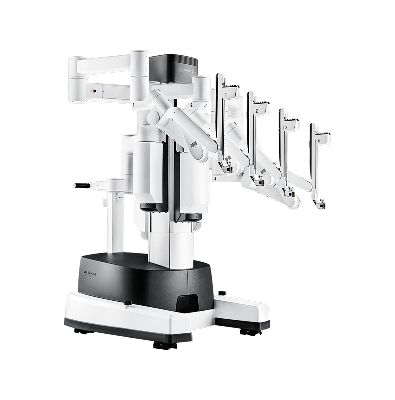Defined as the science of blood diseases, hematology focuses on the diagnosis and treatment of disorders related to blood cells and bone marrow. The treatment of blood diseases requires a multidisciplinary approach; therefore, the Hematology Department at Güven Hospital works in close collaboration with multiple specialties, including internal medicine and surgical departments.
Among the blood disorders diagnosed and treated by the Hematology Department are anemia, coagulation and bleeding disorders, and bone marrow diseases.
What Is Blood?
Blood is the body’s vital fluid that transports oxygen through red blood cells and carries nutrients, proteins, and other molecules through plasma.
What Is the Composition of Blood?
Blood consists of plasma and blood cells. Plasma makes up about 55% of blood and contains water, proteins, minerals, vitamins, and other soluble substances. Plasma is significant in hematology because it contains proteins responsible for blood clotting. The cellular component includes red blood cells (erythrocytes), white blood cells (leukocytes), and platelets (thrombocytes), which are produced in the bone marrow and released into the bloodstream. In certain cases, these cells can also be produced in organs such as the liver and spleen. Diseases within the field of hematology arise from disorders related to blood cells, bone marrow, or the coagulation system.
Diseases Caused by Deficiency or Excess of Red Blood Cells
Red blood cells (erythrocytes) are responsible for carrying oxygen through the hemoglobin (Hg) molecule. Disorders in their production or destruction lead to anemia, commonly referred to as “low blood count.” Anemia can occur due to insufficient production in the bone marrow or increased destruction or loss of red blood cells. The main types of anemia include:
- Iron deficiency anemia
- Anemia due to vitamin B12 or folic acid deficiency
- Aplastic anemia
- Myelodysplastic anemia
- Hemolytic anemia
- Acute blood loss anemia
- Anemia of chronic disease
Diseases Caused by Deficiency or Excess of White Blood Cells
White blood cells (leukocytes) play a critical role in immune defense and the body’s protection mechanisms. Functional disorders of leukocytes may be inherited or acquired and often occur alongside various immunological conditions. Diseases that result from abnormalities in white blood cell production or destruction include:
- Infections
- Chronic systemic diseases
- Toxic exposures
- Acute and chronic leukemias
- Plasma cell disorders, including multiple myeloma
What Is Thrombocytopenia?
Platelets (thrombocytes) are responsible for controlling bleeding through clot formation. Numerical or functional defects in platelets can lead to bleeding disorders. Thrombocytopenia, or low platelet count, may result from genetic factors, medications, or other medical conditions. Symptoms may include red, purple, or brown bruises, pinpoint red or purple spots on the skin, nosebleeds, bleeding gums, or the presence of blood in urine or stool.
Diseases Caused by Bone Marrow Disorders
Bone marrow diseases affect the production of all blood cells and represent more specific disorders in hematology. These include:
- Leukemias
- Lymphomas
- Aplastic anemias
- Paroxysmal nocturnal hemoglobinuria
- Chronic myeloproliferative disorders
- Polycythemia vera
- Essential thrombocythemia
- Myelofibrosis
- Myelodysplastic syndromes
Diseases Caused by Disorders in the Coagulation System
The coagulation system ensures that bleeding stops after injury through the coordinated function of blood vessels, platelets, and clotting factors. In addition, an opposing system prevents excessive clotting (thrombosis) by maintaining balance. Disorders in these systems can lead to the following conditions:
- Hemophilia and von Willebrand disease
- Disseminated intravascular coagulation (DIC)
- Thrombophilia
- Thromboembolism
Laboratory testing for diagnosis and management of these blood diseases — including peripheral smear evaluations and blood typing — is performed by the Hematology Department. Additionally, therapeutic apheresis, a procedure involving plasma or blood cell exchange, is carried out under the supervision of hematology specialists to treat certain plasma and cellular disorders.







